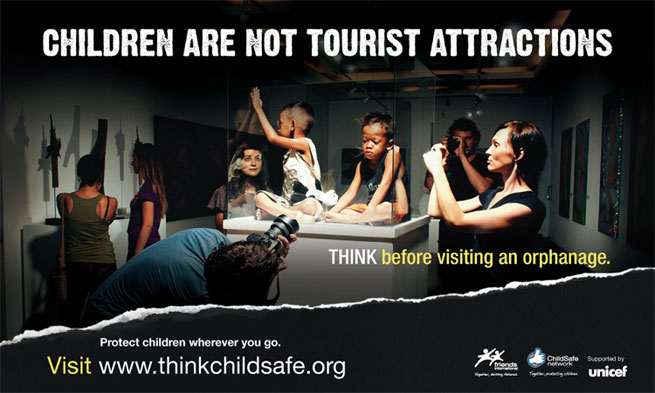Responsible and Ethical Volunteering
Despite increasing criticism of some questionable and poor practices within the sector, our first-hand experience shows that volunteering can be a rewarding and eye-opening experience that can be beneficial both for the individual volunteers and for the local communities if it’s done responsibly.
Many people already volunteer in their home country and volunteering abroad has the potential to facilitate cultural exchange, support the protection of wildlife and biodiversity, preserve cultural heritage and contribute to social infrastructure and welfare. Assuming the volunteer organisers and volunteers themselves adhere to Responsible Tourism practices, volunteering abroad will also contribute to local economic development and benefit the triple bottom line in the destination.
Good intentions are not enough
Good intentions are, however, not always enough, and, if projects are managed poorly, evidence suggests that well-meaning volunteers actually can create more harm than good – even with the very best of intentions.
Recent press articles, blogs and online forums discussing volunteering and ‘voluntourism’ have focused on poor practices within the sector and how voluntourism and short-term volunteering with children can create dependency, cause emotional distress, provide short term fixes in preference to long term solutions and increase the risk of human trafficking, violence and sexual abuse.
In Cambodia, for example, the number of orphanages has increased almost proportionally with the number of tourist arrivals over the last decade. Many organisations do a significant job in dealing with social issues and the increased number of orphanages attract well-meaning tourists and potential volunteers, but, unfortunately, children’s centres, orphanages and residential institutions, also attract those with more questionable intentions.
Establishments without any child protection policies in place are more at risk for abuse, and there are examples of establishments with poor living conditions actively being maintained to attract more sympathy and donations from well-meaning travellers. In addition to this, children are also sent out on the streets late at night to sell books, flowers and beg for money – something of which put the children in potentially dangerous situations.
In response, ChildSafe International and Friends International have launched several campaigns to create more awareness about some of the issues regarding orphanage tourism and encourage potential visitors to think before they consider visiting an orphanage during their travels.
Having lived, worked and travelled extensively in developing countries, we have seen many of these issues first-hand. We do, however, appreciate that it’s very easy to feel compelled to help, but we’ve also seen some of the unintended consequences of donations and well-meaning volunteers. Therefore, we would strongly encourage everyone to do some research and read up on some of the potential impacts before their travels and particularly so when considering volunteering with children.
There are lots of guidelines and codes of conduct available – both for volunteers and volunteer sending organisations – many of which we think provide lots of useful tips and advice.
from the blog:
Dreams do come true
I held fond memories of my travels through South East Asia. The grind of city living and 9-5 was taking it’s toll...
Read MoreA Life on the Lake
Flat on my back, I lay there, in the darkness, looking up on what reminded me of a bridal veil just about a meter a...
Read MoreA smile to my face – and a tear to my eye
I have spent a fair amount of time in SE Asia over the years and relish in discovering new places and meeting new p...
Read More





